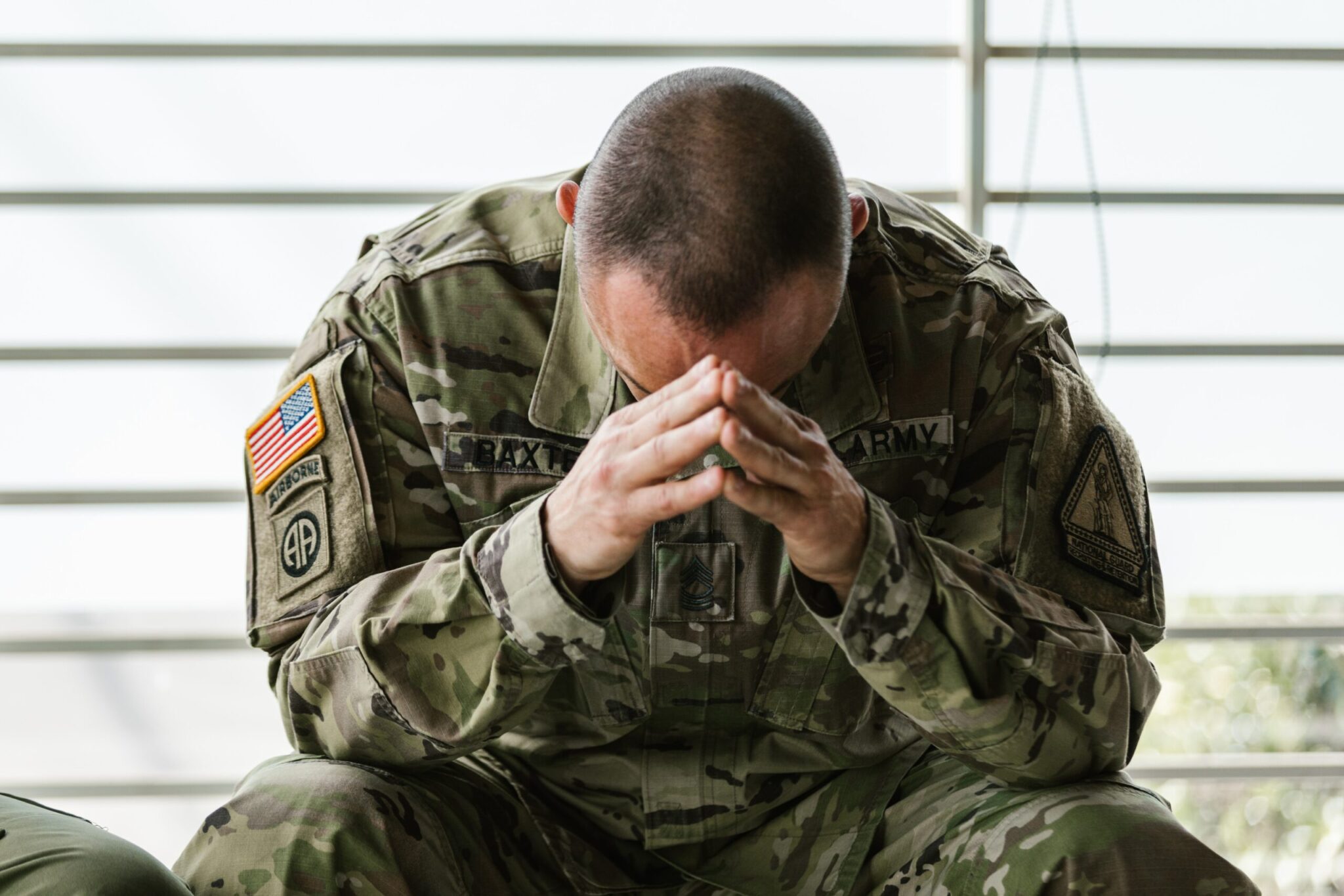
Marrying a Deployed Soldier in 2026: A Comprehensive Guide
Introduction
Getting married is a significant milestone in anyone’s life, but the process can present unique challenges when your partner is a deployed soldier. Many questions about your future might pop up in your mind; thus, to help you, we will explain the various aspects of marrying a deployed soldier.
We will discuss who deployed soldiers are, the formalities and conditions involved in getting married, the obstacles, essential considerations to remember, and alternative ideas such as online marriage or proxy marriage. So keep reading and get the right information to make the correct decision.
Who Are Deployed Soldiers?
Deployed soldiers are military personnel serving active duty away from their home country. These dedicated individuals take on crucial responsibilities in protecting their nation’s interests, often in foreign countries. Their commitment and sacrifice are commendable, but being a deployed soldier can make getting married more complex.
Common Obstacles and Solutions
Here are some of the common hurdles that one may face when marrying a deployed soldier:
Distance and communication: The physical separation between you and your deployed partner can make communication and coordination difficult. Time zone differences, limited access to technology, and the demands of military duties can make it challenging to stay in touch and discuss wedding plans. So you need to establish clear and open means of communication.
Deployment schedules: Deployments can be unpredictable, and your partner’s schedule may change with little notice. Hence, this can make setting a wedding date and arrangements challenging. Very few soldiers can get off while working on an ongoing assignment.
Legal and military requirements: Marrying a deployed soldier includes following complex legal and military needs.
Permission and paperwork: Depending on the military regulations, your deployed partner may require permission from commanding officers to get married. This process may involve submitting requests, completing paperwork, and getting approvals.
Financial considerations: The financial aspect of marrying a deployed soldier can present challenges. The marriage may affect Military benefits and allowances, and understanding the implications is crucial. It is essential to have open and transparent discussions about finances with your spouse.
Emotional strain: A relationship with a deployed soldier can be emotionally challenging. Long periods of separation, potential danger, and the stress of military life can strain your relationship. So, supporting each other, keeping open communication, and preparing for deployment’s emotional ups and downs are essential.
Support networks: Building a solid support network is essential when marrying a deployed soldier. You can connect with other military spouses, friends, and family members who understand the specific challenges and can provide guidance and emotional support during the process.
Post-deployment adjustments: After your partner returns from deployment, there may be an adjustment period as they enter civilian life. This adjustment can impact your relationship dynamics, and it’s essential to be patient, understanding, and supportive during this transitional period.
Adjusting to Military Lifestyle: Military life has its routines and rules. It may take time to adjust to the demands and expectations of this lifestyle. Patience, understanding, and open-mindedness will help you navigate this transition successfully.
Flexibility in Plans: Deployments and military obligations can disrupt your plans, including special occasions and family events. Be flexible and understanding when plans need to change. Find creative ways to celebrate and stay connected, even if you can’t be together physically.
Formalities and Conditions to Get Married
Marrying a deployed soldier requires fulfilling certain formalities and meeting specific conditions, such as:
Legal requirements: Understand the legal requirements for marriage in your country, such as age restrictions, documentation, and residency regulations. These requirements may apply to both you and your deployed partner.
Military regulations: Understand the specific rules and regulations the military imposes regarding marriage. Some armies have particular guidelines for deployed soldiers, including restrictions on marriage during active duty or the need for permission from commanding officers.
Communication and coordination: Establish open lines of communication with your partner and their military unit. They can guide the necessary steps, paperwork, and any additional requirements you need to meet.
Costs: the two main costs are the certification and processing fees you may need to pay to get married.
Alternative Ideas: Online Marriage & Proxy Marriage
In certain situations, online marriage or proxy marriage are alternatives for couples who are unable to have a traditional wedding due to deployment.
A double-proxy marriage is when two selected proxies represent the bride and groom, completing all the necessary paperwork online. A nondenominational preacher officiates the wedding, and the couple receives a formal marriage certificate in the mail.
Military personnel often seek proxy weddings as an alternative when they are stationed abroad and cannot physically marry their intended spouse. However, double-proxy unions are rare due to strict rules that make them almost impossible.
Only one state in the US permits double proxy marriages, and very few jurisdictions allow proxy weddings. The civilian spouse-to-be must reside in one of these jurisdictions to have a valid proxy wedding.
Many people are unaware of the regulations governing proxy weddings, making them vulnerable to cheats who exploit this lack of knowledge. The military does not grant time off from deployment for marriage, even in the case of a proxy marriage. These strict laws surrounding proxy and double-proxy marriages eliminate any possibility of marrying someone deployed overseas.
Thus, online marriage can be a way out. Online marriage involves using video conferencing technology to conduct a marriage ceremony remotely.
This option is available in all countries, and can be a practical solution for couples separated by deployment – an option that has been legal in all 50 US states since 2019. Nevertheless, it is still essential to research the legality and requirements of online marriages in your jurisdiction, as they may vary.
Should You Propose Before or After Dinner?
It is crucial to time your proposal to get the best response. Some people like taking their date partner to a fancy restaurant and then proposing after a candle-lit romantic dinner. Typically, men propose by going down on their knees or keeping the ‘ring’ part a surprise. You can choose how to propose to your partner. However, some popular ways include hiding the ring in flowers, a champagne glass, or a bouquet. Whatever you do, make sure your surprise doesn’t jeopardize the safety of your date/partner.
Your choice will be based on how you believe your partner will react and how you want the rest of the night to go. There isn’t a correct or incorrect response; each alternative has pros and cons. Keep in mind these advantages and disadvantages as you consider your options.
Conclusion
Marrying a deployed soldier in 2026 requires careful planning, adherence to legal and military regulations, and accepting the unique challenges of military life. By familiarizing yourself with the formalities, keeping essential considerations in mind, and exploring alternative options if necessary, you can navigate the process more smoothly.
Remember to communicate openly with your partner, seek support when needed, and approach the journey with love, patience, and understanding. With proper preparation and a strong foundation, marrying a deployed soldier can lead to a fulfilling and lasting union.




